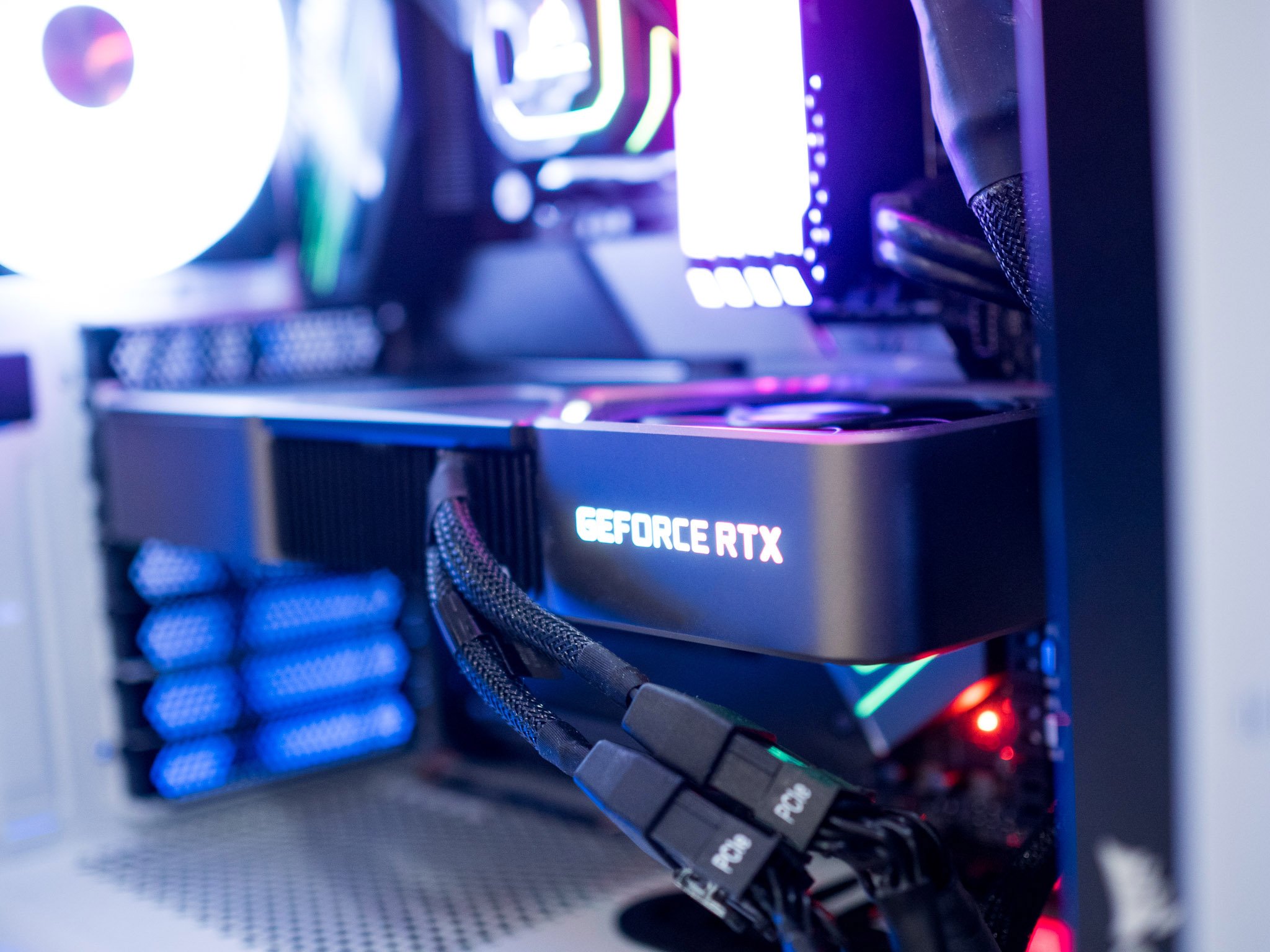NVIDIA makes its argument for why the Arm acquisition should go through
NVIDIA argues the merger will spur competition, not hinder it.

All the latest news, reviews, and guides for Windows and Xbox diehards.
You are now subscribed
Your newsletter sign-up was successful
What you need to know
- NVIDIA's Arm acquisition has been in limbo for many, many months, hitting numerous obstacles since it was set in motion back in 2020.
- The troubled deal faces a lawsuit from the FTC as well as a probe from the UK's Competition and Markets Authority (CMA).
- The UK government has published documentation on the situation, showcasing NVIDIA's argument for why it thinks the deal should be greenlit.
NVIDIA's seen no shortage of barriers when it comes to getting its Arm acquisition passed and completed. A bevy of regulatory bodies have either held up the process or directly stood in the way of it, as we're seeing with the FTC's lawsuit and China's lengthy review process. But now we have a closer look into another element of the merger's headaches: The ongoing UK probe.
The UK government has a website wherein you can peruse its Competition and Markets Authority (CMA) cases. One of the entries listed there is the NVIDIA-Arm merger. On the page associated with the case, there's a piece of documentation labeled "Main parties initial Phase 2 submission," which will take you to a PDF containing NVIDIA's counters to the UK regulatory concerns leveled against it. Here's a key excerpt from the document:
NVIDIA seeks to grow and enhance Arm's IP in PC, and to license it broadly, helping Arm to build an ecosystem in PC. NVIDIA's strategy would undeniably benefit Arm, the UK, and Arm customers worldwide, not harm competition. The Transaction will spur competition in Consoles, as NVIDIA will have an incentive to enhance Arm's IP to compete with x86 chips from Intel and AMD.
NVIDIA's full remarks in the document explain how these benefits would come to pass, but this particular paragraph sums it up. The merger will help everyone, including the UK, and competitors will be fine, according to the RTX GPU maker. It also made sure to namedrop its Cambridge-1 supercomputer, which it "built at its own expense and launched in the UK for medical research." If you're interested in this whole merger saga, the full document is worth a read.
All the latest news, reviews, and guides for Windows and Xbox diehards.

Robert Carnevale was formerly a News Editor for Windows Central. He's a big fan of Kinect (it lives on in his heart), Sonic the Hedgehog, and the legendary intersection of those two titans, Sonic Free Riders. He is the author of Cold War 2395.
